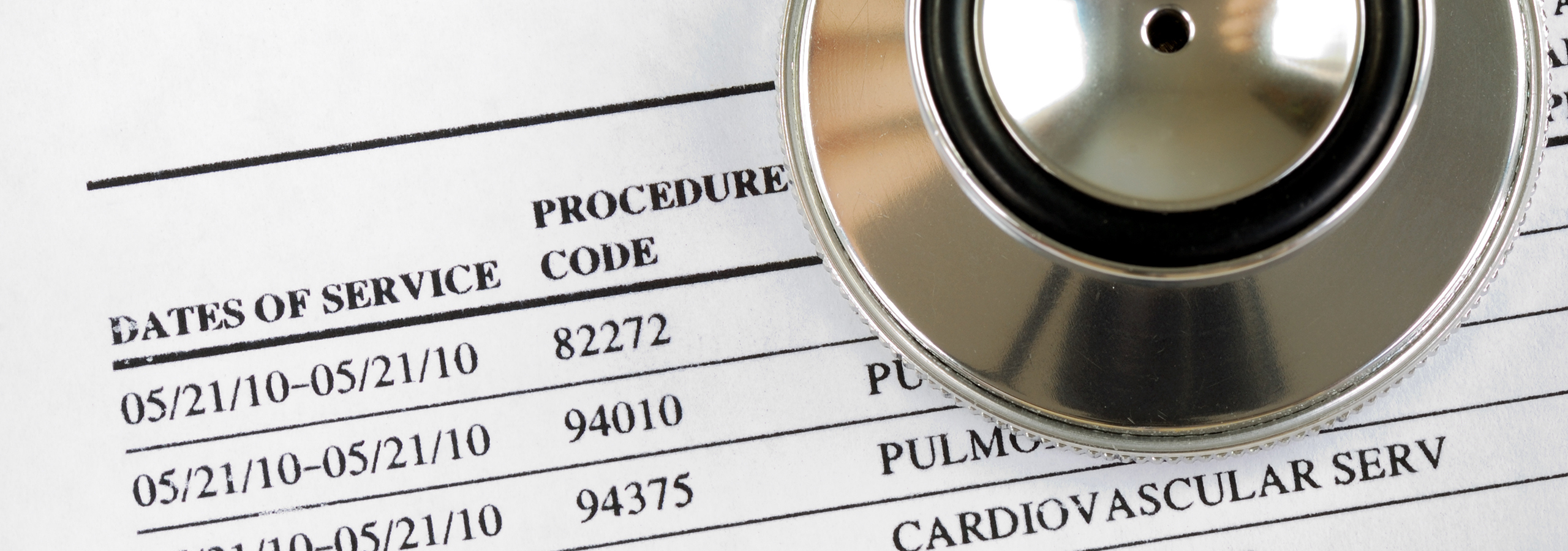Review of the most frequent objections seen by IDREs
This is our fifth part of a series exploring common objections in the Independent Dispute Resolution process. If you have missed any part of the series, you can review it here:
- Part 1: No/Untimely IDR Initiation and No/Untimely Open Negotiation
- Part 2: No Claim Information and Unidentifiable Claim
- Part 3: NSA not Applicable
- Part 4: Incorrect Bundling & Batching
This article focuses on duplicate disputes, and recent updates from the CMS aimed at addressing related challenges.
Duplicate Disputes
Within the IDR process, a duplicate dispute is identified when a submission matches an existing or previously resolved dispute based on these criteria:
- Claim number
- Date of service
- Service code
- Provider (identified by NPI and Tax ID)
- Health plan
The system prohibits duplicate disputes to prevent redundancy. However, errors can lead to unintentional duplicate submissions, such as:
- Technical issues, like the IDR initiation form PDF failing to generate after submission, or
- Mistakes in manual data entry or automated processes.
If a duplicate dispute is submitted, the initiating party (IP) should immediately contact the assigned IDR entity to request a dismissal to avoid further complications.
Recent CMS updates impacting duplicate disputes
On July 1, 2025, CMS implemented changes to the Federal IDR Portal Web Forms designed to prevent duplicate dispute line items. The form automatically flags submissions with identical claim numbers, dates of service, and service codes. While intended to improve efficiency, this update inadvertently blocked certain eligible disputes.
Three scenarios emerged where valid disputes were incorrectly rejected:
- Batched disputes with services that appear duplicative but include different modifiers
- Single disputes filed after another dispute, where services seem identical but have different modifiers
- Previously closed disputes resubmitted after the 90-day cooling-off period expired
CMS responded promptly to these issues. On July 2nd, the CMS announced plans to correct the portal’s erroneous rejections. And by July 7th, they issued an extension for disputes in the 1st scenario (batched disputes with different modifiers), providing additional time for resolution.
For the 2nd and 3rd scenarios, CMS provided verbal guidance instructing providers to attempt submitting their disputes despite potential rejections. If the portal blocks these submissions, parties are advised to file an extension request with CMS, including proof of claim eligibility, such as documentation of different modifiers or confirmation of the 90-day cooling-off period.
Guidance for Initiating Parties
To manage duplicate dispute issues effectively, IPs should consider these steps:
- Verify submissions: Before filing, confirm that the claim number, date of service, and service code do not match an existing or resolved dispute. Ensure modifiers are accurately documented, as they may differentiate similar claims.
- Address duplicates promptly: If a duplicate is submitted, contact the assigned IDR entity immediately to request its dismissal.
- Provide evidence: For blocked disputes, compile documentation (e.g., modifier details or cooling-off period records) to support an extension request to CMS.
- Monitor updates: Stay informed about CMS announcements regarding portal improvements, as fixes are in progress.
The federal IDR process is continually evolving. The July 2025 portal updates aimed to reduce duplicate disputes but introduced unintended challenges. CMS’s quick response, including extensions and planned fixes, demonstrates a commitment to improving the system. However, initiating parties must remain diligent, ensuring accurate submissions and advocating for eligible claims when faced with rejections.
Legal Disclaimer
The information contained in this content piece is for general informational purposes only. While we strive to ensure the accuracy and completeness of the information presented, we make no representations or warranties of any kind, express or implied, about the accuracy, reliability, suitability, or availability with respect to the content or the information, products, services, or related graphics contained in the content piece for any purpose. Any reliance you place on such information is therefore strictly at your own risk. The content of this page is subject to change without notice. The information provided in this document does not constitute legal or other professional advice, and is non-binding upon FHAS and any federal government agencies.

